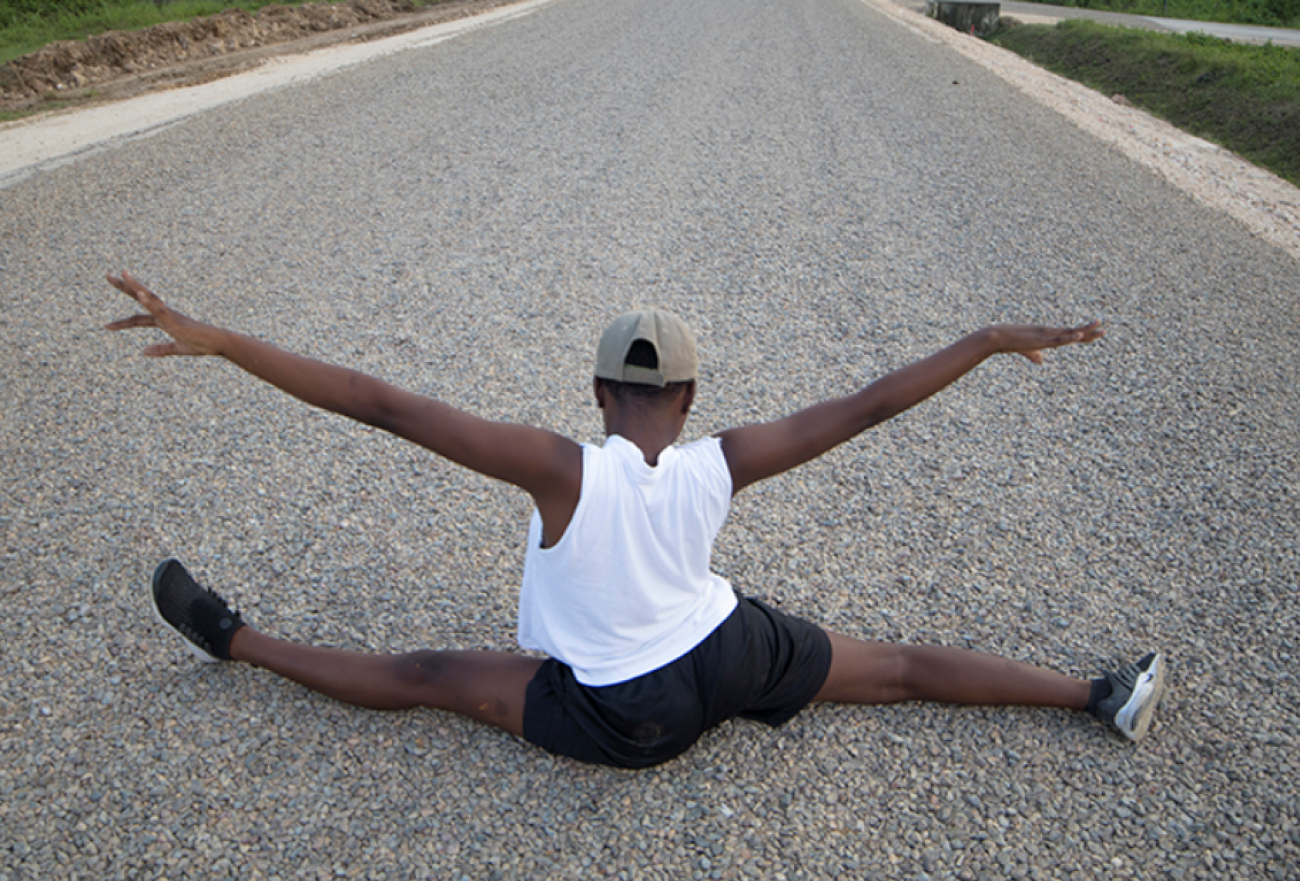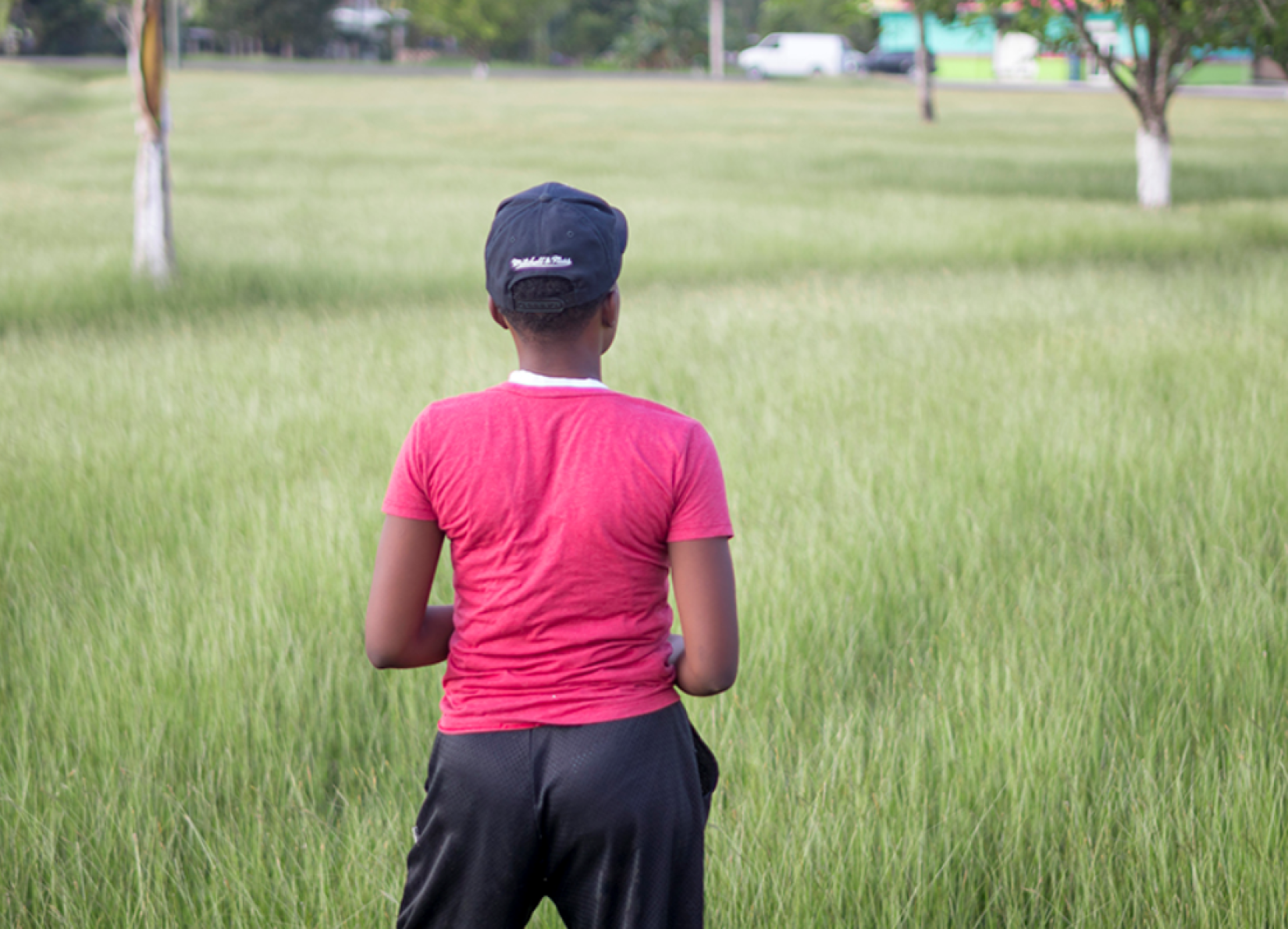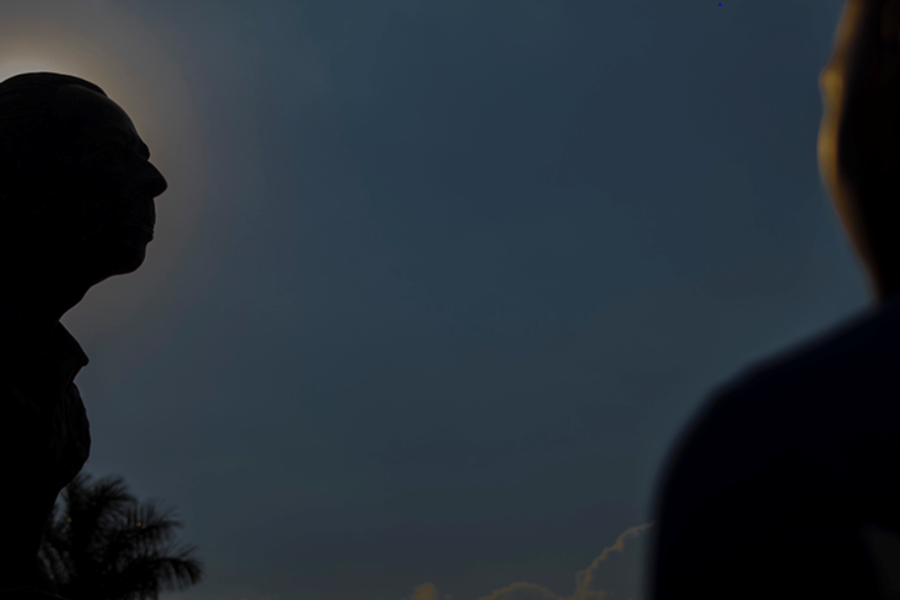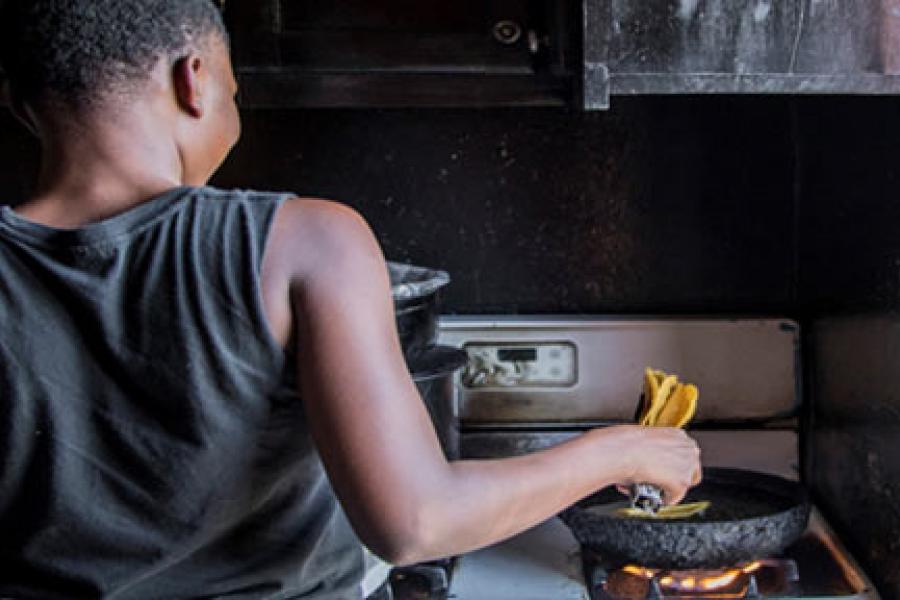Dancing Daisy wants to be like Oprah

Young, gifted and beautiful, this stellar dancer loses herself in the rhythm of the music.
She forgets, if only for the moment, the trauma that occasionally jars at her even as she tries to attain her life goal of becoming like Oprah. She dreams of being a philanthropist committed to helping children from the furthest reaches of the earth. Dancing Daisy, as we will call her to protect her true identity, has been ‘to hell and back.’ Her heart-wrenching story is one of rejection and turmoil, dating back to the tender age of two weeks, when she was first placed in a foster home in Belize City.
Her right to freedom from cruel, inhuman or degrading treatment or punishment as enshrined in the UN Convention on the Rights of the Child has been denied time and again. In her narrative, she speaks of enduring countless beatings; being forced to eat left-over food scraps from other family members; put to sleep on her relative’s veranda for three months and then bathed with urine, forcing her to recoil inside the dog house. That same relative suggested that the girl’s mom should sell her.
“My mom is not dead, but it’s just like I don’t have a mom!” Dancing Daisy lamented. She says that nothing can make her love her mom, who once claimed Daisy was demon-possessed and wanted to injure her with a machete.

Today, Dancing Daisy has no relationship with her biological parents. Her dad had disowned her at birth, and a rift between her parents over her paternity led to a family breakdown that resulted in her ending up in the foster care system, where she has remained for most of her life.
Hardships confronted her during her years at the foster homes and also during those times when she had returned to live with her family. Even so, she wants to take the lessons learned from all those experiences to help other children like her. Although Dancing Daisy wants to be an athlete, model and comedian, she also dreams of being like Oprah. Her dream is to open a childcare facility to house children from as far away as Africa and to raise them as her own.
Strong mentorship is key to youth like Dancing Daisy, as they strive to become more resilient. For nearly 3 years now, she has had a mentor who understands her plight and recognizes her special qualities. The mentor sees this promising youth as self-sufficient, very street savvy, intelligent and expressive. She believes that since Dancing Daisy has lived through the Department of Human Services’ programs she could, if nurtured, help drive the changes necessary to strengthen the Department’s ability to cater to the needs of children like Daisy. Dancing Daisy is not defined by her painful past.
“I was supposed to have been dead by now,” she said, recounting her narrow escapes from danger, including a fire at the Youth Hostel.
Unhappy with the cards life has dealt her, Dancing Daisy is taking the lemons that have soured her childhood experiences and turning them into lemonade. She is today an advocate for change in the community where she lives, works and attends online school. She is disturbed by the unfairness in the job market that marginalizes youth passionate for change, in favour of those who are not as dedicated, but who get the jobs because of who they know.

Dancing Daisy holds parents and political leaders accountable for the plight of marginalized youth, who sometimes end up falling into a life of crime. She emphasizes that leaders need to create jobs for those who are willing to work.
For her part, this visionary youth works in the food industry, helping to prepare local fast food, such as ‘garnaches’ – fried corn tortillas topped with beans, cheese and vegetables – for sale. When she is not working, she enjoys hobbies such as basketball. She is not always at ease in the outdoors spaces she considers to be marred by street violence. Her desire is for a safer city where children can recreate without the fear of falling victim to violence.

The Sustainable Children Friendly Municipalities Initiative – supported by UNICEF and UNDP in partnership with the Government of Belize – was launched back in 2014 to make cities and towns across Belize safer for children. It provides a platform for children like Dancing Daisy to participate in decision-making processes that will help drive child-centred change and promote child protection programs that keep youth at the heart of their mission. It is the first initiative of its kind in Belize to allow children to participate in decision-making on sustainable child-friendly policies and related programs to address their needs and concerns.




